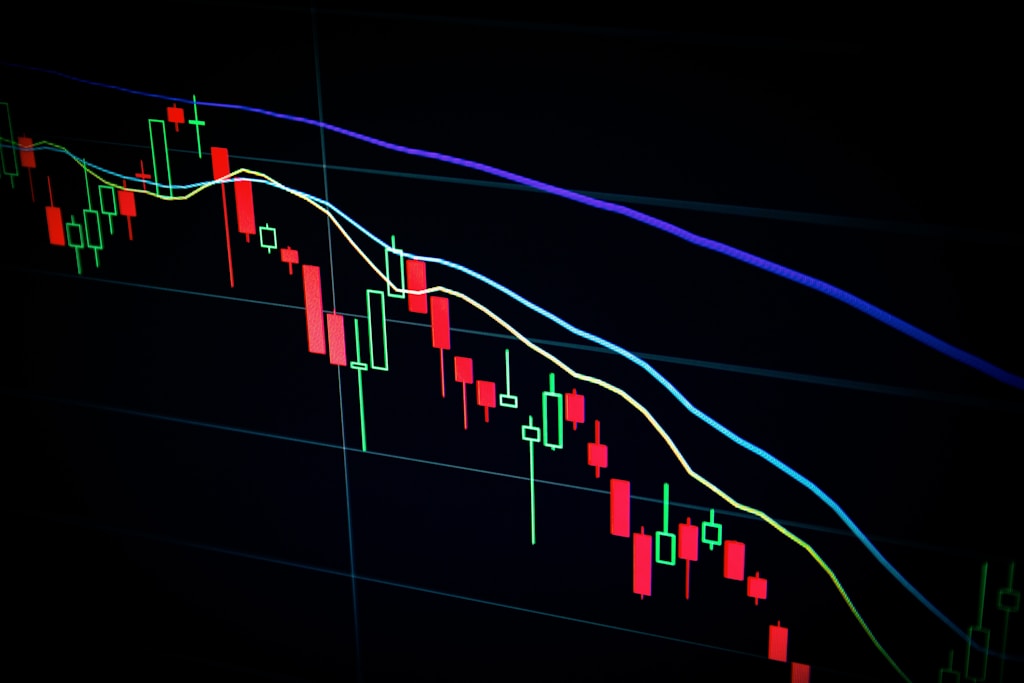BlackRock’s iShares Bitcoin Trust (IBIT) has shattered ETF growth records, amassing an unprecedented $70 billion in assets under management (AUM) in just 341 trading days. This milestone represents a paradigm shift in institutional Bitcoin adoption and validates Bitcoin’s recent surge to $107,000.
Breaking Down IBIT’s Historic Achievement
The speed of IBIT’s ascent is particularly noteworthy when compared to traditional ETF growth patterns:
- SPDR Gold Shares (GLD): 1,691 days to reach $70B
- Vanguard S&P 500 (VOO): 1,701 days
- iShares Core MSCI EAFE (IEFA): 1,773 days
- iShares Core MSCI Emerging Markets (IEMG): 2,063 days
Market Impact and Bitcoin Price Correlation
IBIT’s explosive growth coincides with Bitcoin’s strong performance, currently trading at $108,000 with a 2.06% daily increase. The cryptocurrency sits just 4% below its recent all-time high of $112,000, demonstrating sustained institutional interest.
BlackRock’s Bitcoin Holdings Surpass Industry Giants
According to Arkham Intelligence, BlackRock now holds over 663,000 bitcoin, exceeding MicroStrategy’s 582,000 BTC position. This significant accumulation demonstrates institutional investors’ growing confidence in Bitcoin as a legitimate asset class.
Frequently Asked Questions
What makes IBIT’s growth significant?
IBIT reached the $70 billion AUM milestone 5 times faster than any previous ETF, demonstrating unprecedented institutional demand for Bitcoin exposure.
How does this affect Bitcoin’s price outlook?
The rapid inflow of institutional capital through IBIT suggests sustained upward pressure on Bitcoin’s price, supporting bullish market sentiment.
What does this mean for institutional adoption?
IBIT’s success signals mainstream financial institutions’ growing acceptance of Bitcoin as a legitimate investment vehicle, potentially paving the way for broader institutional adoption.
As the cryptocurrency market continues to mature, IBIT’s record-breaking growth serves as a powerful indicator of Bitcoin’s integration into traditional finance. The unprecedented speed of adoption suggests we may be entering a new era of institutional cryptocurrency investment.







